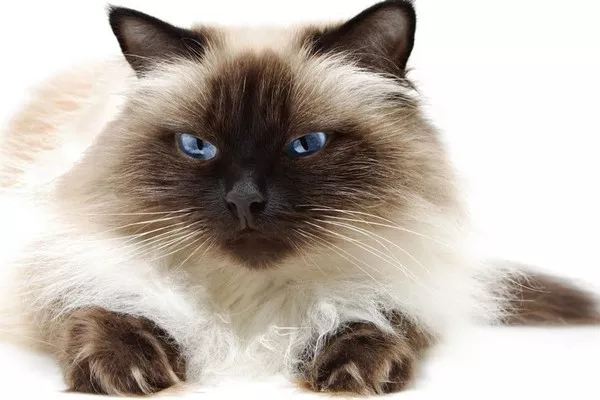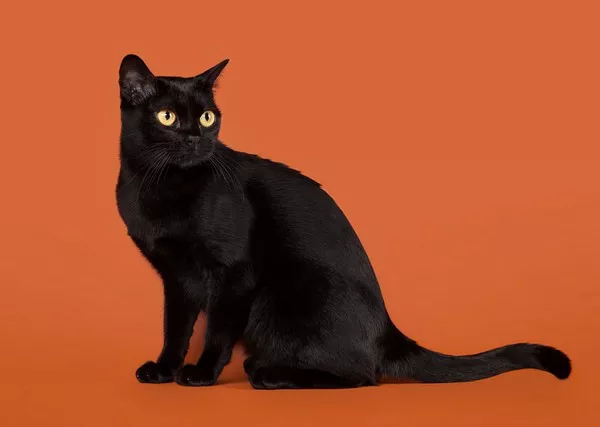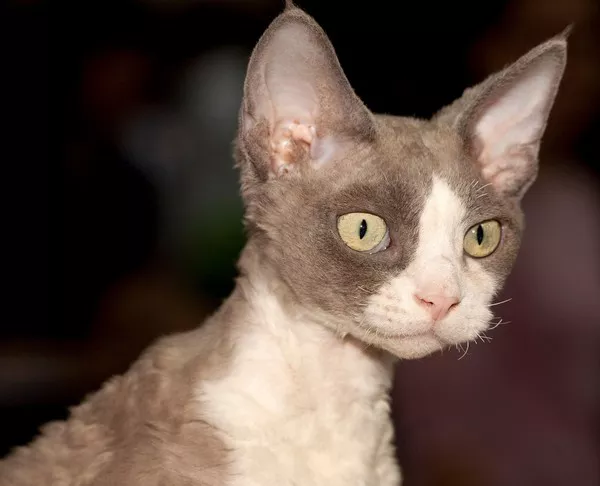As any cat owner can attest, the occasional bout of vomiting seems to be a part of the feline experience. But is it normal, and should it be a cause for concern? Let’s delve into the intricacies of why cats throw up and what it signifies.
Veterinarian Sarah Schmid, specializing in canine and feline internal medicine at the University of Tennessee, emphasizes that constant vomiting is not typical behavior for a cat. However, before rushing your furry friend to the emergency room, it’s crucial to distinguish between various forms of expulsions that might look like vomiting but have different causes.
One common look-alike is hairballs. Cats spend a significant portion of their day grooming, and the swallowed fur usually passes through their digestive system. Hairballs are often expelled through vomiting, resembling the act itself. Yet, it’s essential to note that even hairballs can signal underlying issues if they occur too frequently.
“In a healthy cat population, 10% of short-haired cats and 20% of long-haired cats will have a hairball two or more times a year,” explains Schmid. If this happens more frequently, seeking veterinary advice is advisable to rule out potential health concerns.
Another look-alike is coughing, where a cat appears to vomit but only produces foam or mucus. Retching is similar, with the cat’s stomach contracting as if vomiting, but since it’s empty, nothing is expelled. Additionally, regurgitation is a passive process where food hasn’t reached the stomach and simply comes back out, often due to rapid eating.
While these variations might not always be true vomiting, they share similarities, making it challenging for non-experts to differentiate. Schmid recommends contacting your vet whenever in doubt, emphasizing that even regurgitation or coughing could be indicative of a serious issue.
“Gastrointestinal disease and vomiting are among the most common complaints for dogs and cats, consistently ranking high in insurance claims for veterinary visits,” notes Schmid. Whether caused by an underlying health condition or dietary concerns, chronic vomiting lasting more than three weeks warrants professional attention.
For cats exhibiting persistent vomiting, it could indicate allergies or intolerances to certain food components. A veterinarian can conduct the necessary diagnostics and recommend a suitable diet to address the issue.
In conclusion, while occasional vomiting might seem routine for cats, vigilance and consultation with a veterinary professional are crucial for ensuring your feline friend’s well-being.


























